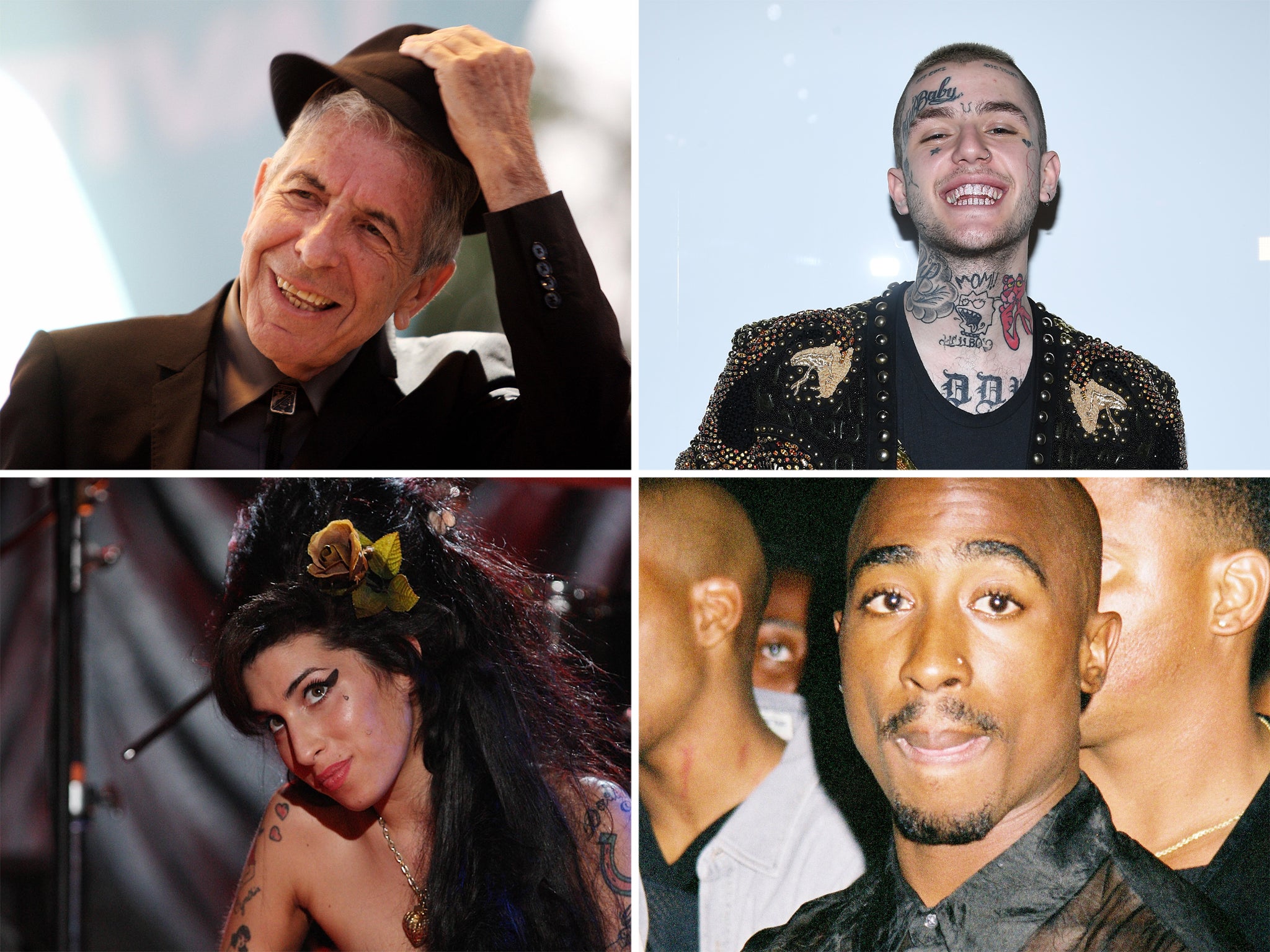

It probably won’t be as fun as Alec Baldwin’s impersonation, but I can see Stephen Root doing a great job donning the infamous blond wig one day. Like it or not, we will have a big-budget Donald Trump biography on the screen one day, that’s inevitable. There are moments when it reaches greatness – the emotional ending does deliver thanks to the sweeping music by Elliot Goldenthal – but deep down, you know it’s just not enough. This while at the same time, other historical incidents and details are neglected, and many of them would have really been a value to the narrative. It also nags somewhat on the historical accuracy at times it’s extremely accurate but the changes made are peculiar and don’t really add anything to the film. This was supposed to become one of the great crime epics, but instead, it quickly fades from the mind. There’s so much to admire from this film and that’s why it’s so frustrating. The only aspect that “Public Enemies” might be equally good in comparison are the shootouts, which are especially enhanced with the interesting use of digital cinematography – the contract of a digital look in a period setting was an inspired choice.

Edgar Hoover (Billy Crudup), Baby Face Nelson (an excellent Stephen Graham in a role that feels like a precursor to him honing the Al Capone role in “Boardwalk Empire”) and Charles Winstead (Stephen Lang, who nearly steals the film). The central romance between Billie Frechette (Marion Cotillard) and Dillinger works well enough, but you wish Mann would devote more time to other characters, such as Red Hamilton (Jason Clarke), J. Instead of the infamous ”barbecues and ballgames” monologue, the first verbal dialog between Purvis and Dillinger leaves you cold. But we don’t really see a spiritual contrast between Melvin Purvis (a rather mundane Christian Bale) and John Dillinger (Johnny Depp, who does an excellent job) as we do with McCauley and Hanna. We have a rivalry between a law enforcement official and a criminal, and there’s also a heartfelt romance that adds to the emotional core of the film. It’s also hard not to compare this with “Heat”, seeing as it shares many similar story traits. John Dillinger is “an outlaw who never thinks about tomorrow” – we are told this several times but we never really feel it. We are told who they are but we don’t get to see much beyond it. These characters are fascinating but we don’t really get to know them. It sort of feels like a season of “Boardwalk Empire” cut into a movie. It feels like “Public Enemies” is a larger story, trimmed of all fat until it had an acceptable runtime. If you had to pick out one central problem with the film, it’s that you don’t find yourself emotionally invested in the characters. This is certainly not a bad movie, it just isn’t as good as it should be. It’s hard to figure out what exactly went wrong here. How could we expect differently? This is the story of one of the most famous criminals in American crime history and it’s told by Michael Mann, who notorious for creating the mother of all crime epics: “Heat”. The life and death of John Dillinger has inspired many cinematic adaptations, yet none of them seem to do the subject justice. On the surface it seems to have everything: it looks great, the cast is great, the subject has so much promise and seems a perfect fit for a director like Michael Mann. The most frustrating films are not necessarily the really bad ones, but the ones that shine with greatness and just miss the mark of becoming a great film.


 0 kommentar(er)
0 kommentar(er)
